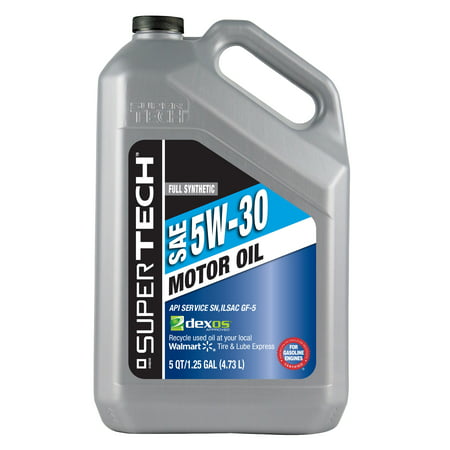Using Synthetic Oil to Improve Fuel Economy

Fuel market. Even though it may look like buying a new hybrid vehicle or subcompact that doesn't use a lot of fuel would be the best solution to this problem, for a lot of people, that isn't an alternative. For one, should you want your truck or SUV to do your job, whether it is in construction, towing or transporting, there are just a few new vehicles that can provide a considerable fuel economy increase? The next point is that the depreciation of a brand new car can quickly eclipse any savings that might be seen as a result of decreased fuel consumption. It's clear that the most practical option is to take action to improve the fuel economy of the vehicle or vehicles which you already own. This might seem like a tall order, mainly if your cars or trucks have big displacement motors or a substantial weight. It might feel even more hopeless in case you have to pull a trailer full of heavy gear or freight. However, there are some things you can do to help alleviate the pinch at the gas pump, without making substantial modifications to your vehicle.
Running synthetic motor oil may create a noticeable change in the amount of fuel your vehicle absorbs during normal operation. How does it function? Part of the benefit of running synthetic oil in your car or truck is this type of lubricant provides superior viscosity when compared to standard petroleum-based oils. What this signifies is that the oil causes far less 'drag' between engine parts, allowing the rotating assemblies within your motor to move better. With a few types of oil oils, the thickness of the oil, particularly in cold temperatures, can slow down the engine to a little degree.
While you might not detect it while driving, allowing the engine to proceed freely by changing to synthetic oil can boost gas market between 2 and 4 percent. Over the course of a calendar year, the savings can add up. Switching to a synthetic does not require any special filters, and this type of lubricant is compatible with all engines, regardless of the age where was it created. Synthetic oil may be among the easiest, and best decisions you make to improve fuel economy without breaking the bank.

